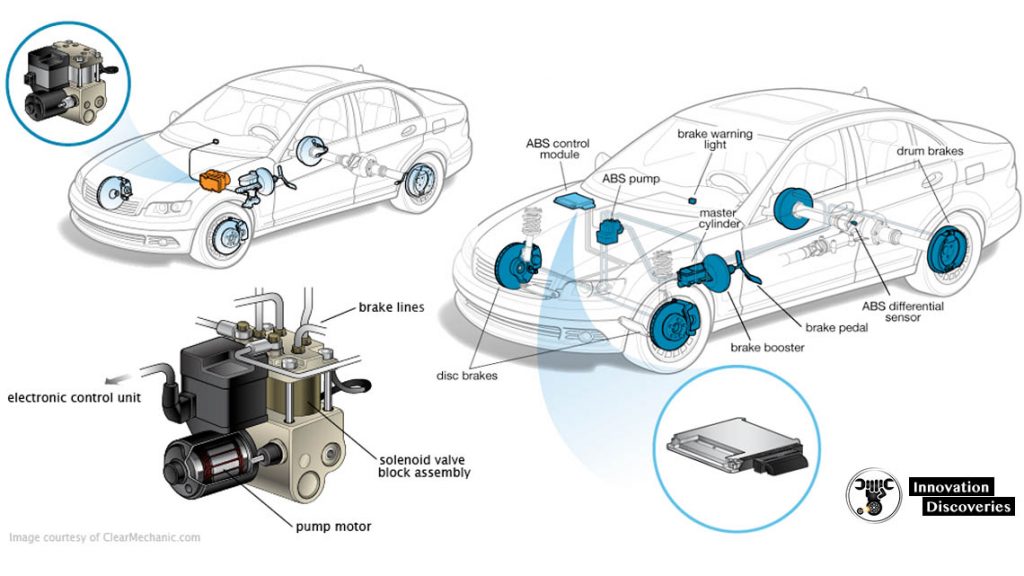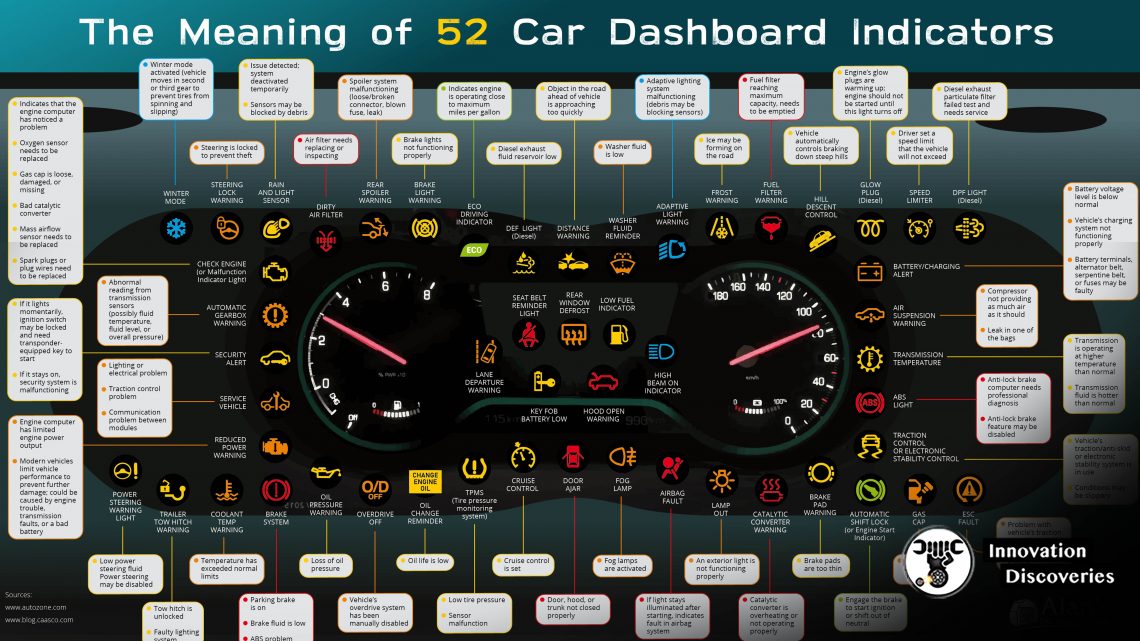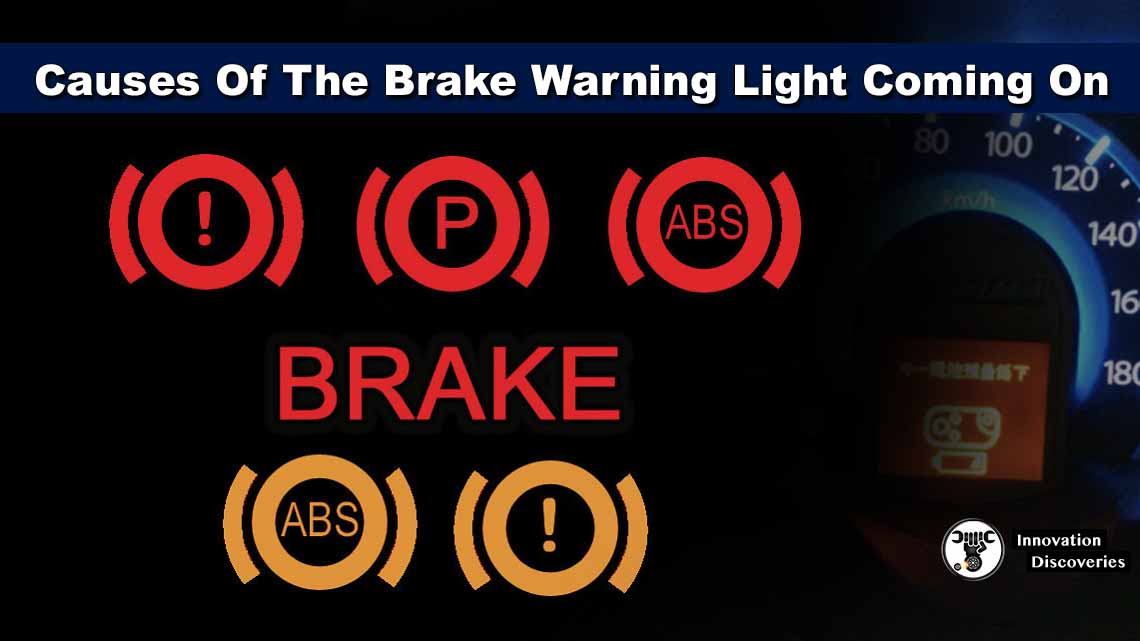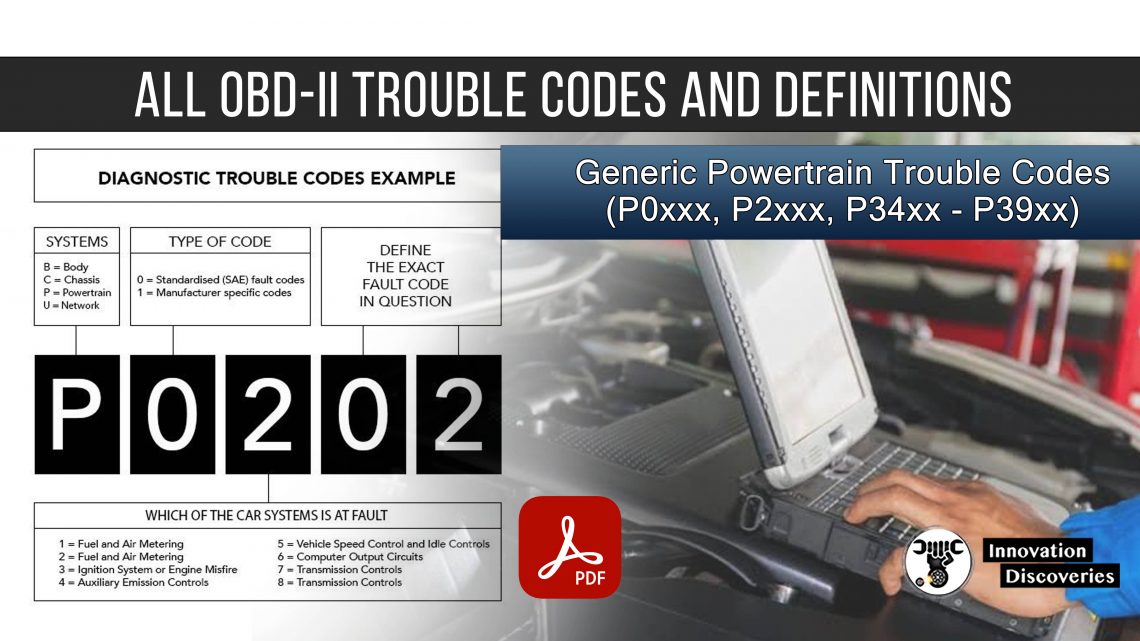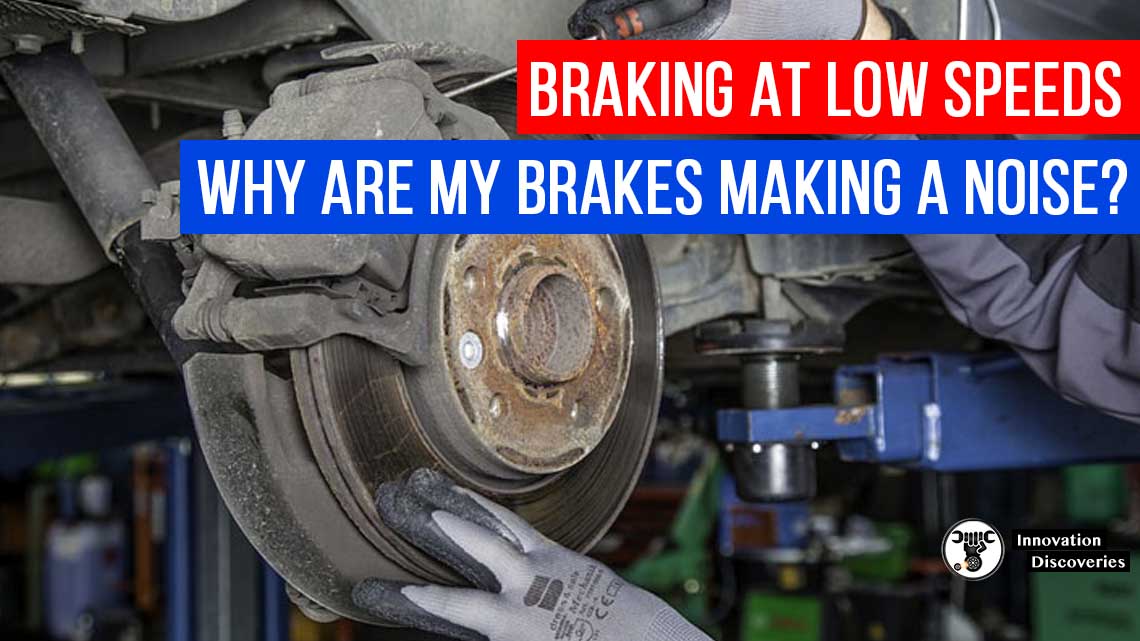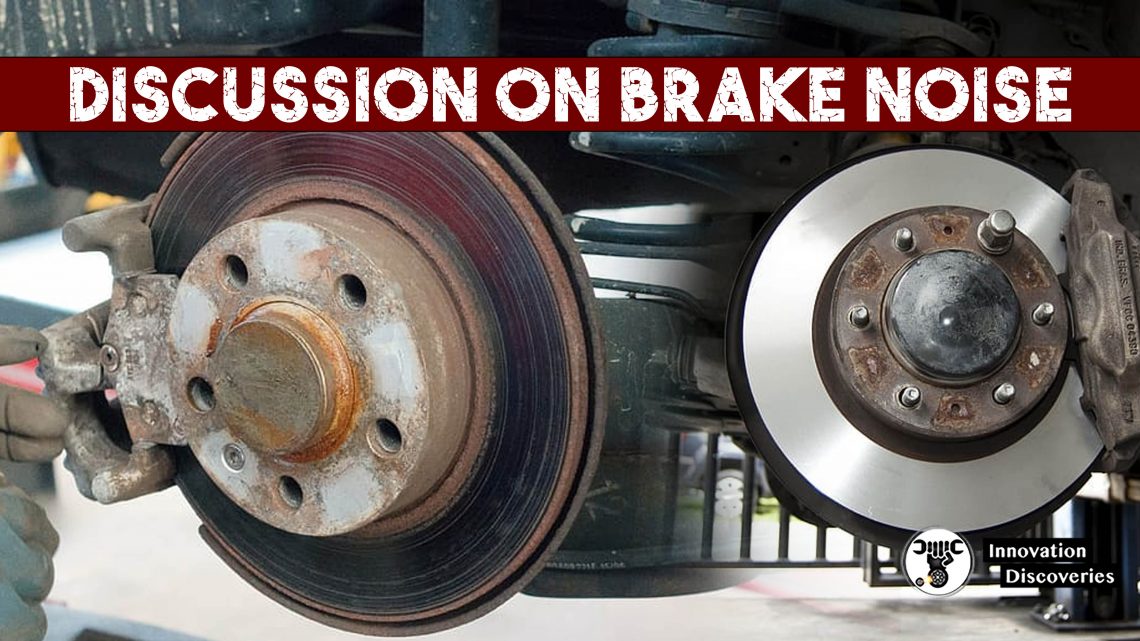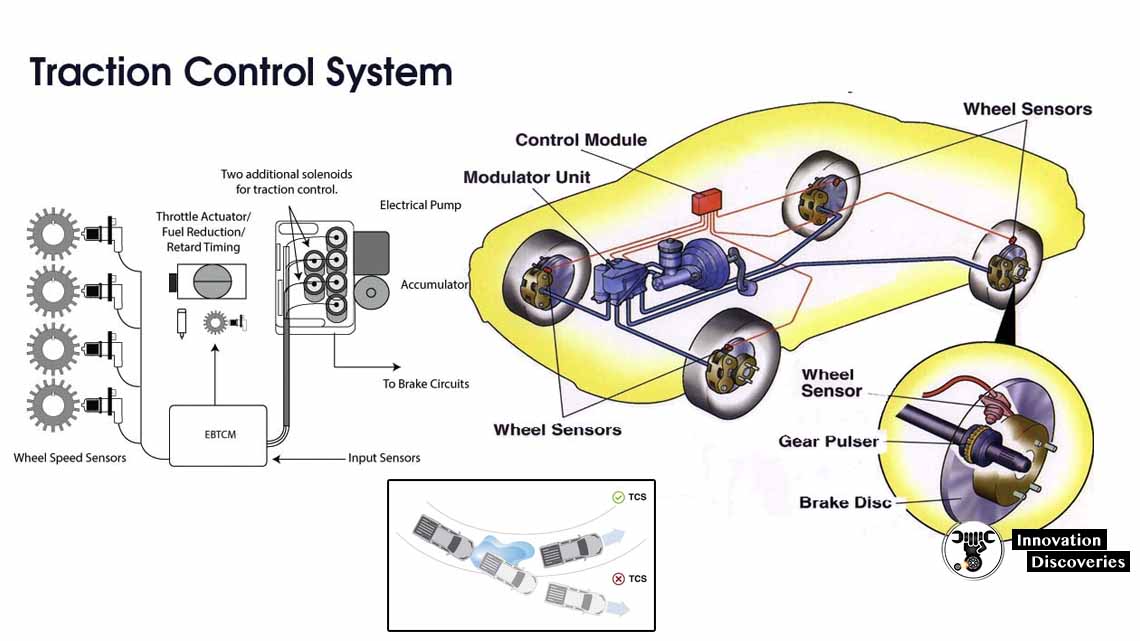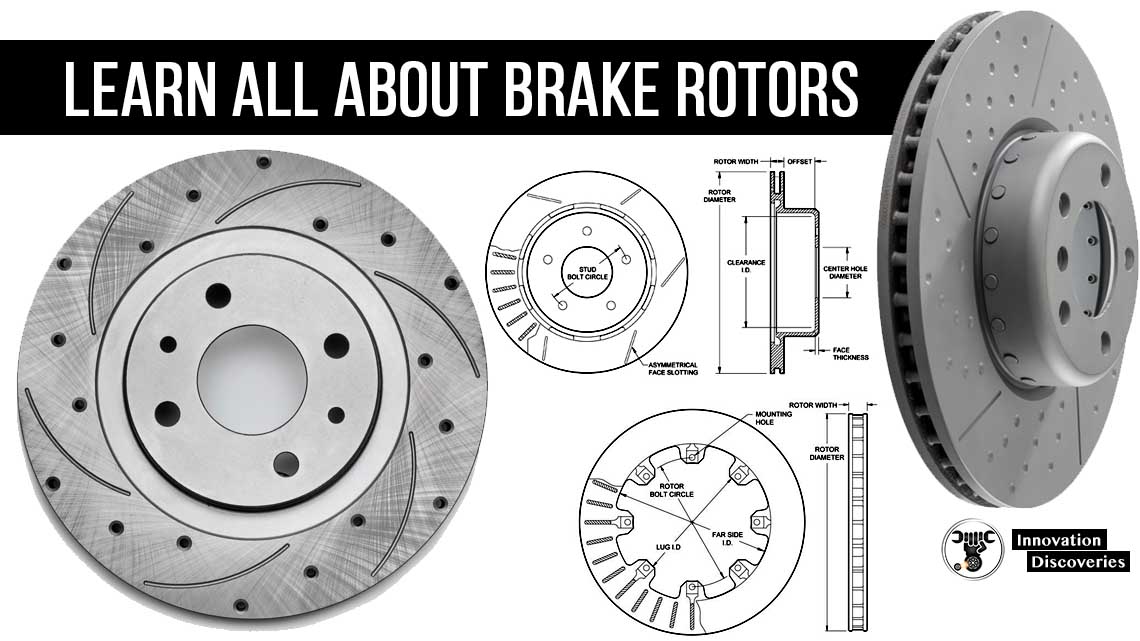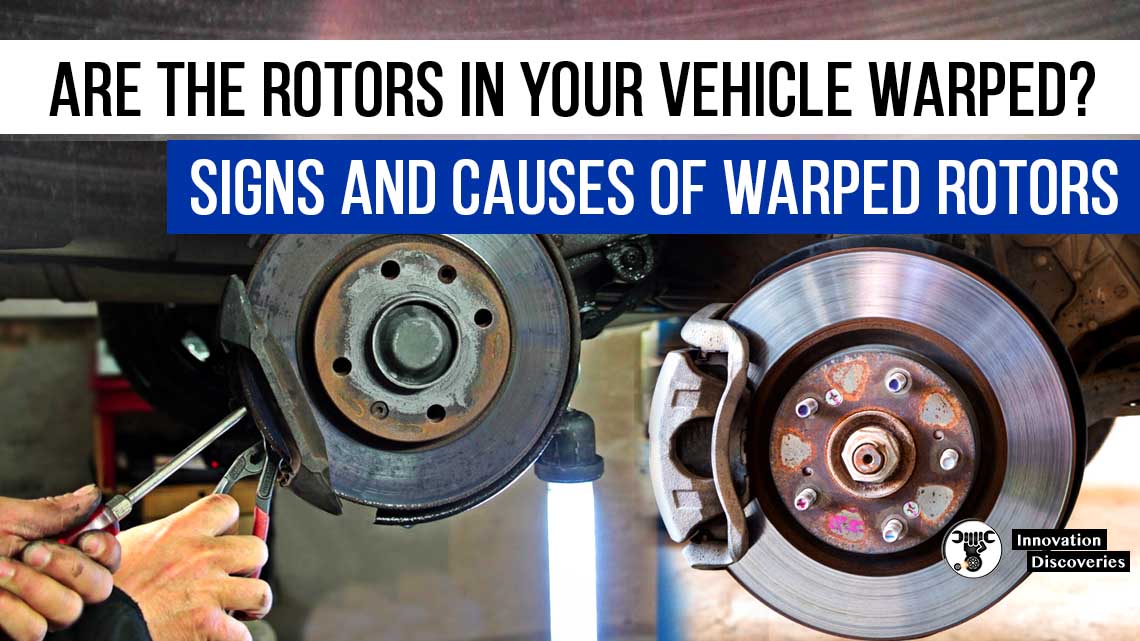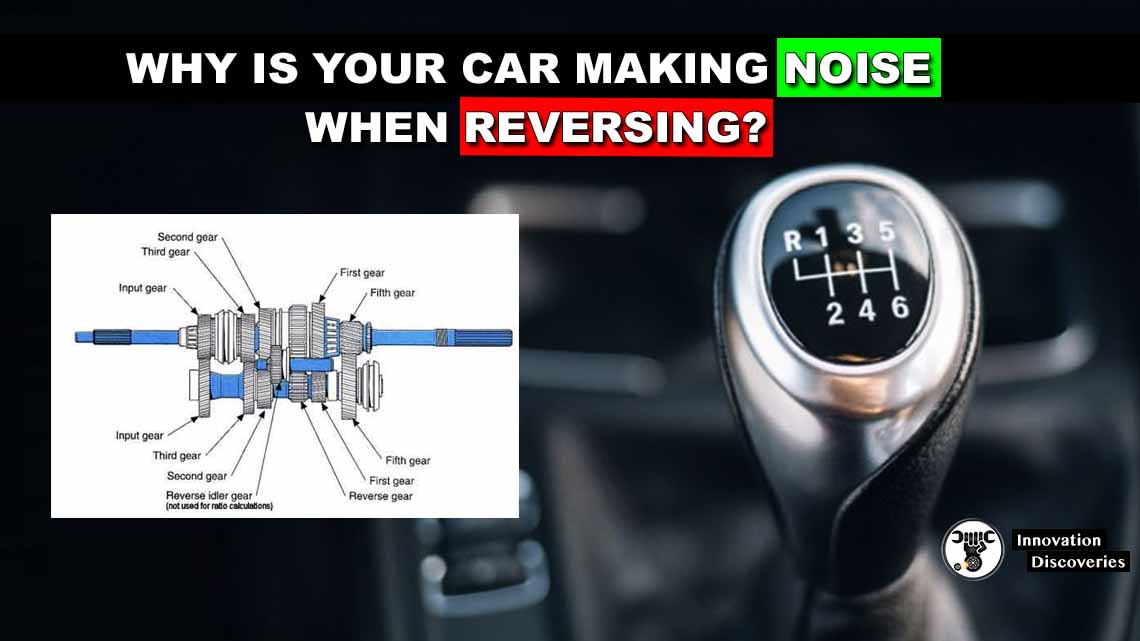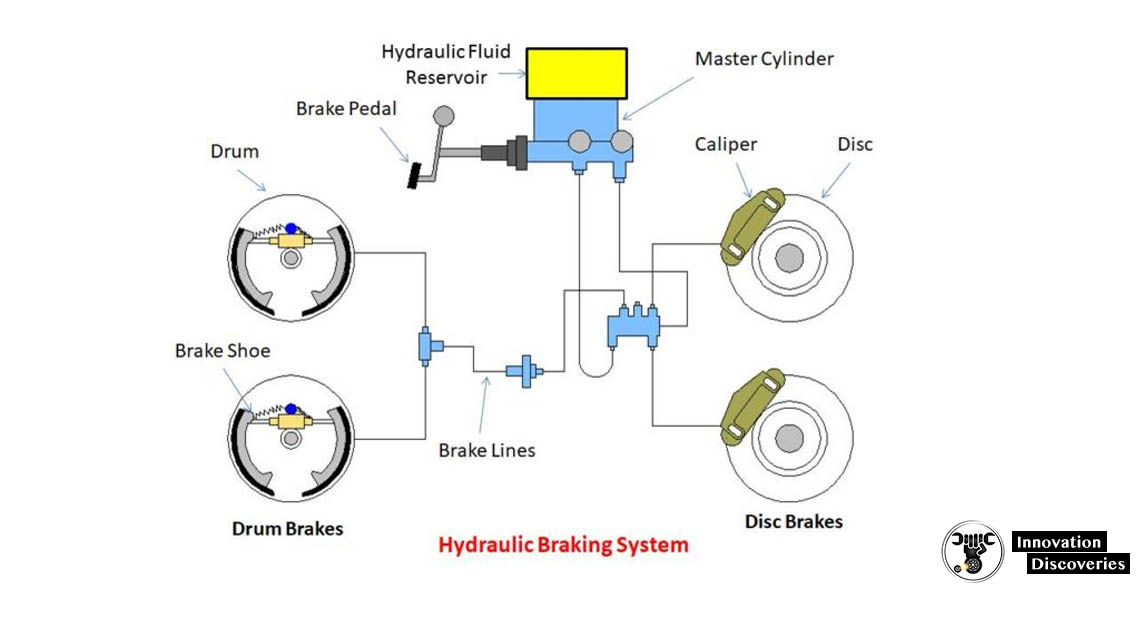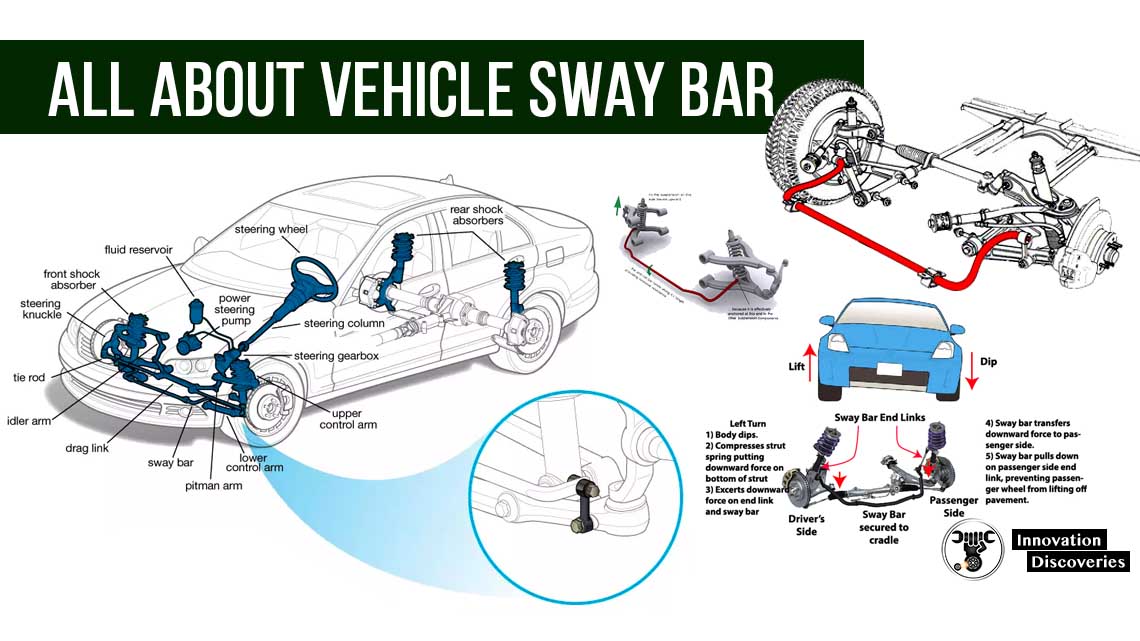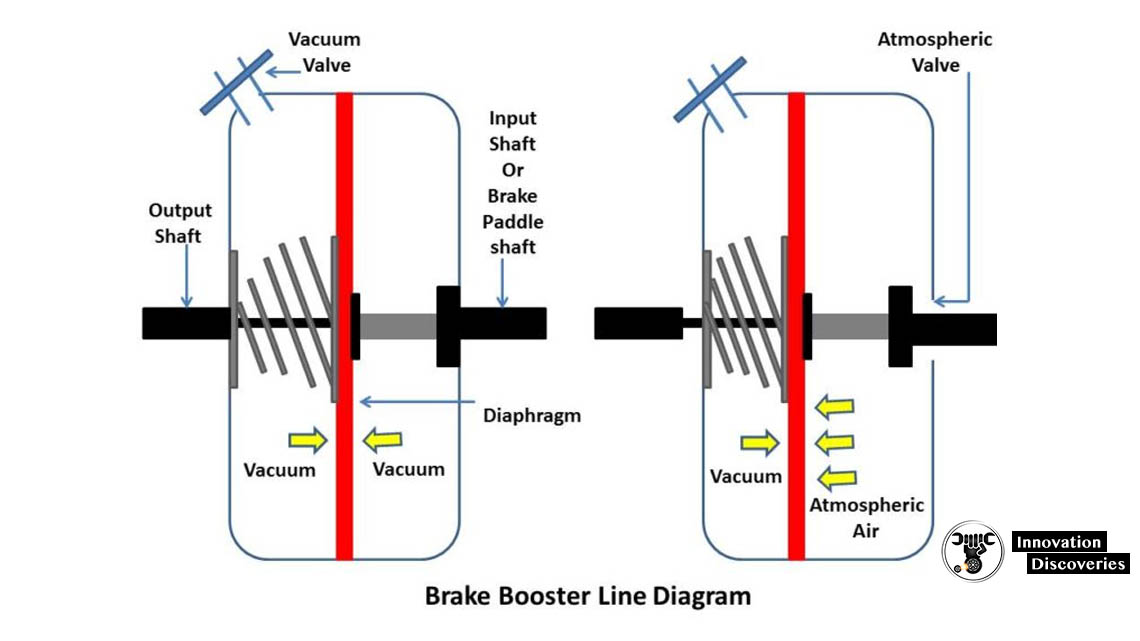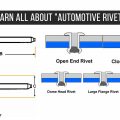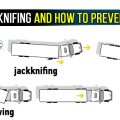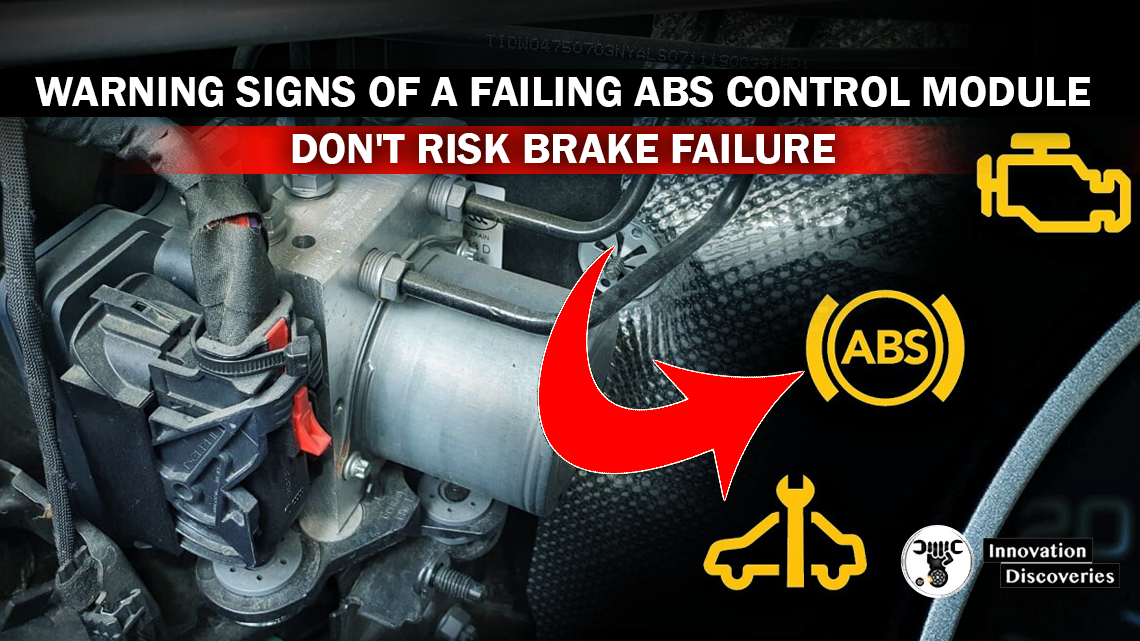
Introduction:
Anti-lock braking systems (ABS) are a critical safety feature in modern vehicles. They allow for better control during emergency stops by preventing the wheels from locking up and skidding. However, when the ABS control module starts to fail, it can compromise the safety of your vehicle. In this article, we’ll discuss the signs of a failing ABS control module and how to fix the problem.
How ABS systems work:
ABS systems are designed to prevent the wheels from locking up during hard braking, which can cause the vehicle to lose control. The ABS control module uses wheel speed sensors to detect when a wheel is about to lock up. These sensors are typically located near the wheel hub and generate an electrical signal that is sent to the ABS control module.
Once the ABS control module receives the signal, it determines if the wheel is about to lock up. If the wheel is about to lock up, the control module activates the ABS system by modulating the hydraulic pressure to the brakes. This is done by using a hydraulic control unit that is connected to each brake line.
The hydraulic control unit uses solenoid valves to regulate the hydraulic pressure of each brake. When the control module detects that a wheel is about to lock up, it sends a signal to the solenoid valve, which opens and closes rapidly, allowing the hydraulic pressure to be released from the brake. This causes the brake to pulse, which prevents the wheel from locking up and allows the driver to maintain steering control.
The ABS control module also communicates with other systems in the vehicle, such as the traction control system, to ensure that the vehicle remains stable during emergency braking. The traction control system uses ABS sensors to detect when a wheel is spinning faster than the others and applies the brakes to that wheel to slow it down.
Overall, the ABS is a crucial safety feature in modern vehicles. It allows for better control during emergency stops and can prevent accidents from occurring. It is essential to ensure that the ABS system is working correctly and to address any signs of a failing ABS control module promptly to maintain the safety of the vehicle.
ANTI-LOCK BRAKING SYSTEM (ABS): COMPONENTS, TYPES AND WORKING PRINCIPLE
Signs of a failing ABS module:
1. Illuminated warning lights:
One of the most obvious signs of a failing ABS control module is the illuminated warning lights on the dashboard. The ABS light will turn on, indicating a problem with the system. It is essential to address this issue promptly as it can lead to a loss of braking ability in emergencies.
2. Loss of antilock braking ability:
A failing ABS control module can cause a loss of antilock braking ability. You may notice that the brakes lock up during hard braking, which can cause the wheels to skid and the vehicle to lose control.
3. Unintended ABS activation:
Another sign of a failing ABS control module is unintended ABS activation. The ABS system may activate unnecessarily, even when braking on dry pavement. This can cause the brakes to pulse, making it difficult to stop the vehicle quickly.
4. Traction control can’t be disabled:
The ABS control module communicates with the traction control system to ensure that the vehicle remains stable during braking. If the traction control system cannot be disabled, it may be due to a failing ABS control module.
5. Driver assistance functions don’t work:
Modern vehicles have several driver assistance functions, such as adaptive cruise control and lane departure warning systems. A failing ABS control module can cause these systems to malfunction, compromising the safety of the vehicle.
How to fix the problem:
If you notice any of the signs mentioned above, it is essential to take your vehicle to a qualified mechanic for diagnosis and repair. The mechanic will use a diagnostic tool to read the ABS module’s error codes and determine the cause of the problem.
Depending on the severity of the issue, the mechanic may need to replace the entire ABS control module or make repairs to the existing module.
In conclusion, a failing ABS control module can compromise the safety of your vehicle. Therefore, it is essential to address any signs of a failing ABS module promptly.
Regular maintenance and inspections can help prevent problems with the ABS system and ensure that it is working correctly when you need it the most.
Discover More:
Also, Read:
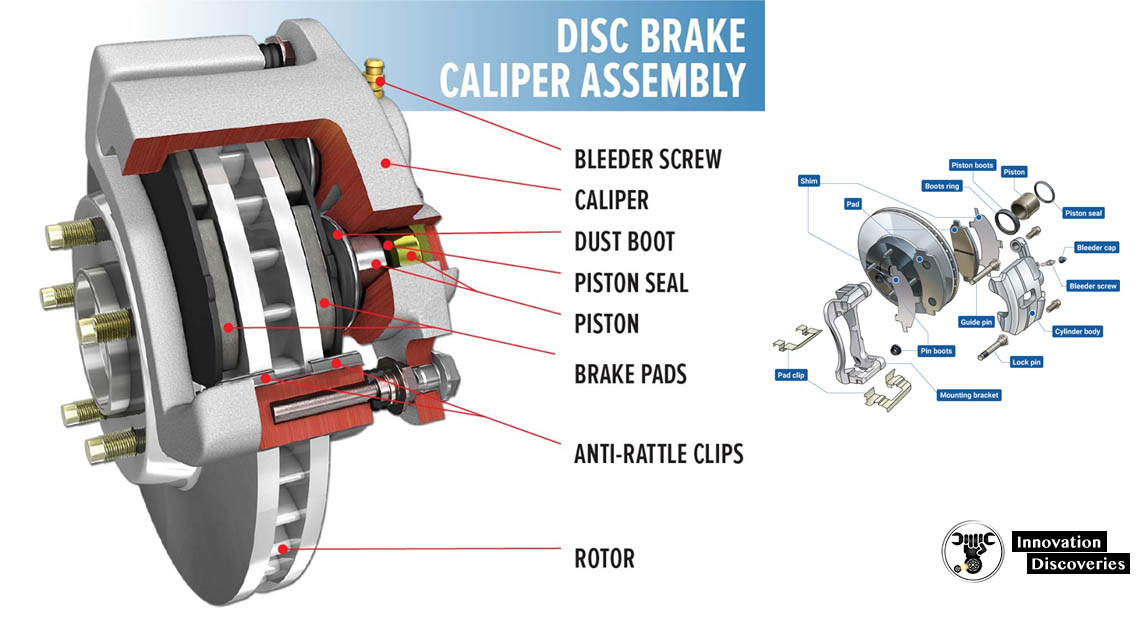

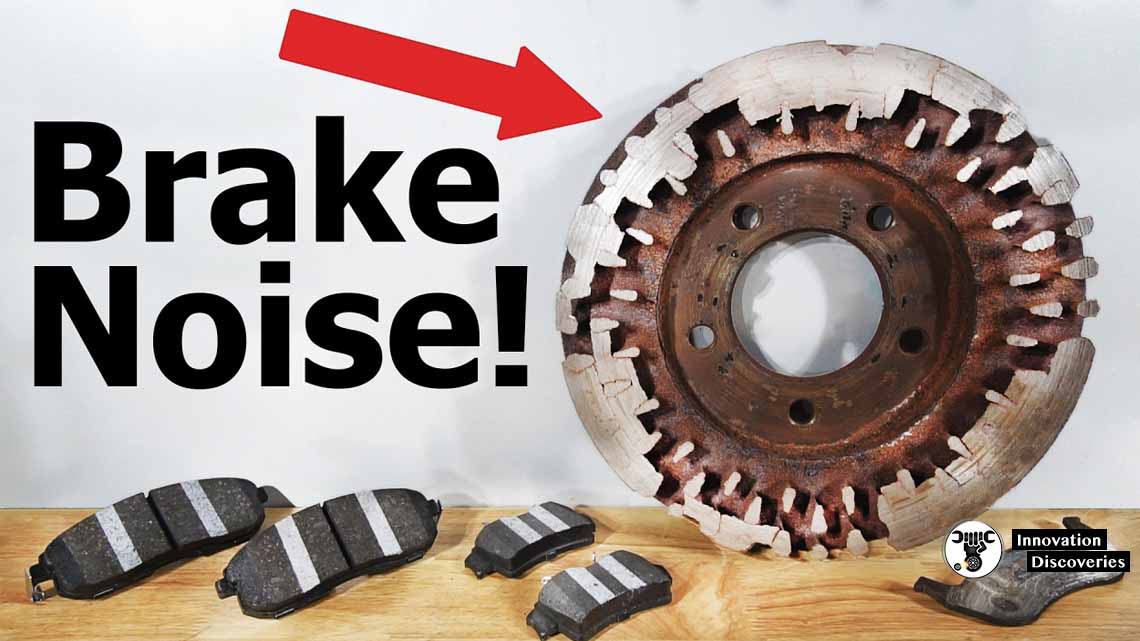
More About Braking Systems
- Top 5 Causes of Steering Wheel Shakes at Low and High Speeds
- HOW HYDRAULIC BRAKE WORKS?
- AIR BRAKE SYSTEM: COMPONENTS, WORKING PRINCIPLE, AND APPLICATIONS
- HOW DOES REGENERATIVE BRAKING WORK?
- 8 REASONS YOUR CAR IS MAKING GRINDING NOISE WHEN BRAKING
- Regenerative Braking System
- JAKE BRAKE VS. EXHAUST BRAKE: WHICH IS BETTER?
- SQUEALING BRAKES AT LOW SPEED: CAUSES AND SOLUTIONS
- TROUBLESHOOTING A HARD BRAKE PEDAL
- CONVERT DRUM BRAKES TO DISC BRAKES IN 3 STEPS!
- CAUSES OF THE BRAKE WARNING LIGHT COMING ON
Download: BRAKES, BRAKE CONTROL AND DRIVER ASSISTANCE SYSTEMS: FUNCTION, REGULATION AND COMPONENTS
READ: HOW HYDRAULIC BRAKE WORKS?
READ: All About Vehicle Sway bar
Also, read: The Importance of Measuring Brake Pad Thickness
Visit Forum
Visit Our Friendly Website


